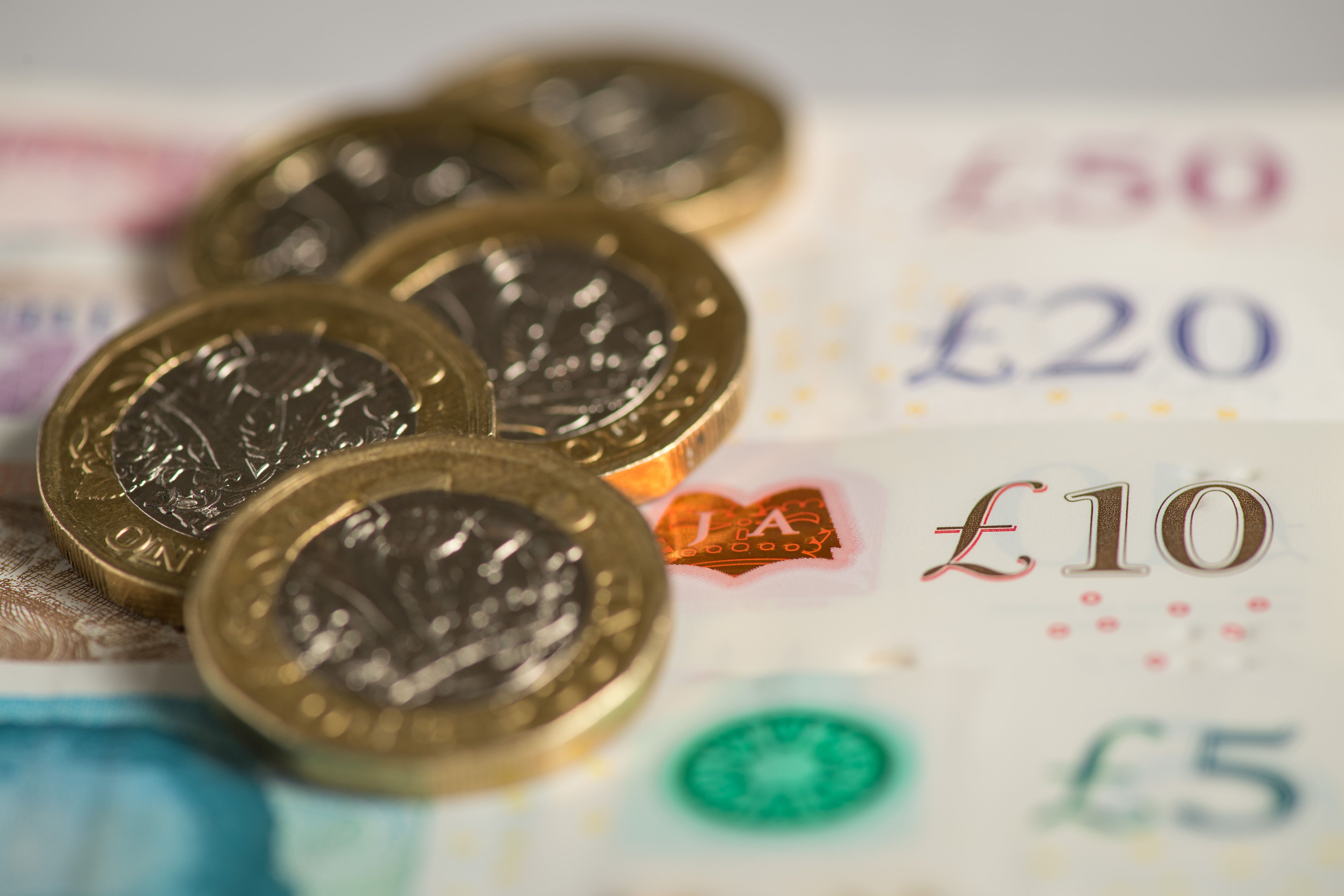Consumer confidence claws back two points as UK grapples with ‘new abnormal’
GfK’s long-running Consumer Confidence Index continues to languish at a near-historic low of minus 47.

Your support helps us to tell the story
From reproductive rights to climate change to Big Tech, The Independent is on the ground when the story is developing. Whether it's investigating the financials of Elon Musk's pro-Trump PAC or producing our latest documentary, 'The A Word', which shines a light on the American women fighting for reproductive rights, we know how important it is to parse out the facts from the messaging.
At such a critical moment in US history, we need reporters on the ground. Your donation allows us to keep sending journalists to speak to both sides of the story.
The Independent is trusted by Americans across the entire political spectrum. And unlike many other quality news outlets, we choose not to lock Americans out of our reporting and analysis with paywalls. We believe quality journalism should be available to everyone, paid for by those who can afford it.
Your support makes all the difference.Consumer confidence rose slightly in October but remains at near historic lows as the UK grapples with the “new abnormal” of soaring energy, food and mortgage costs.
GfK’s long-running Consumer Confidence Index clawed back two points but continues to languish at an overall score of minus 47.
A three-point fall in the major purchase measure, an indicator of confidence in buying big ticket items, continues a steep downward trend that began in July 2021 and will be especially worrying for retailers in the crucial final quarter.
Confidence in personal finances for the next 12 months increased six points to minus 34 but remains 35 points lower than this time last year.
Expectations for the general economic situation over the coming 12 months have improved by seven points to minus 61, although this is still 35 points lower than last October.
Joe Staton, client strategy director at GfK, said: “Households are not just running scared of burgeoning energy and food prices, and the prospect of further base rate rises increasing mortgage costs, they are now facing the likelihood of tax rises and even austerity measures.
“For ordinary consumers this web of uncertainty and turmoil amounts to a ‘new abnormal’. The negative environment will deflate future spending plans, and cautious consumers could easily slow the UK economy still further.
“Consumers, like governments, are just as capable of U-turns, and today’s economic headwinds indicate a long, hard winter.”
Linda Ellett, UK head of retail and leisure consumer markets at KPMG, said: “Mortgage rates and rents, and energy price uncertainty after the winter, are significant cost concerns that will play on the minds of many consumers over the coming months.
“Shoppers are increasingly finding savings where they can, altering what they buy and where they buy it. Eating out is also a common spend reduction target. But not every household is feeling the squeeze as acutely, and evidence of spending ability and intention remains, despite the low overall confidence levels.
“Half of the consumers that KPMG recently surveyed said that they still have some savings left. But as prices rise, and uncertainty about outgoings grows, it increases the chances of these savings continuing to be sat on, or dipped into in order to meet essential costs.”